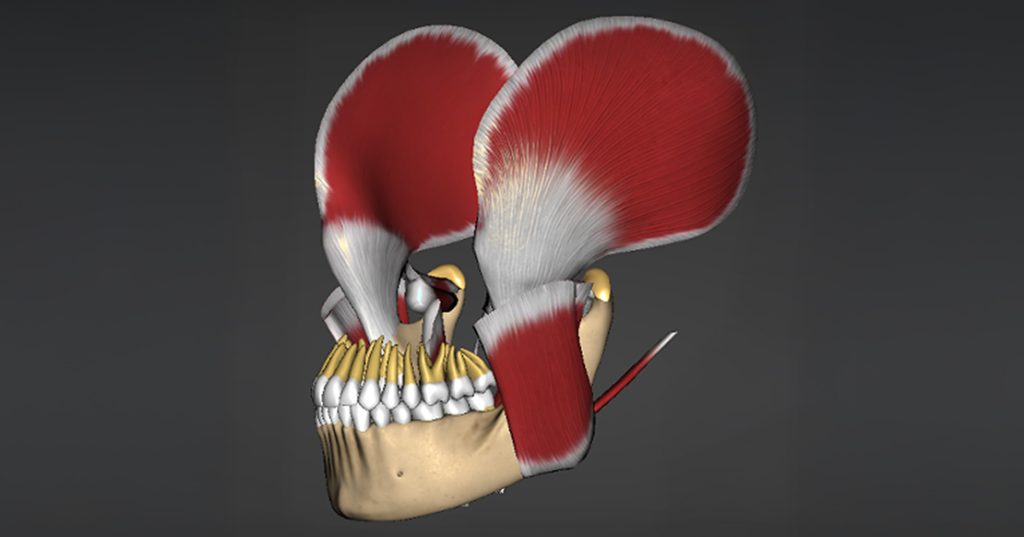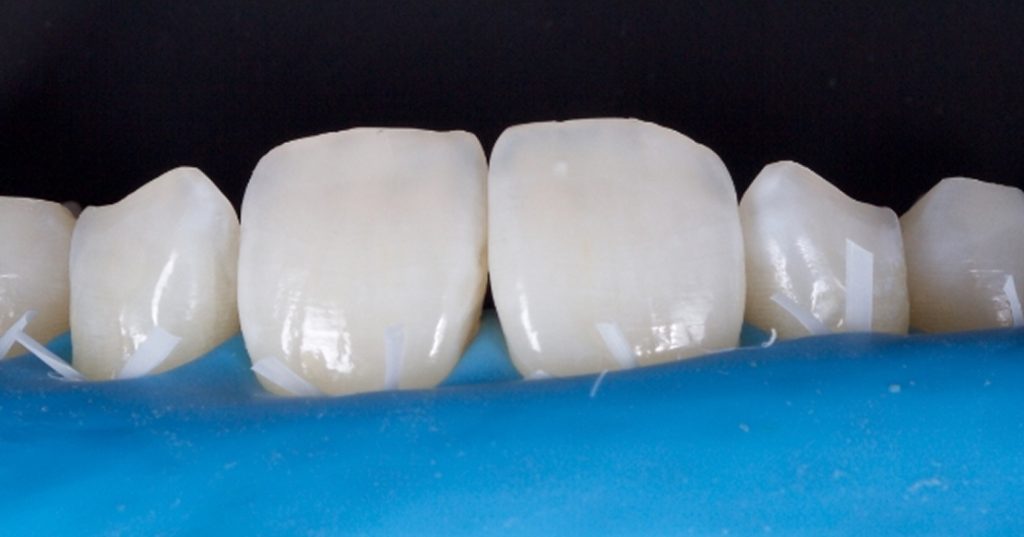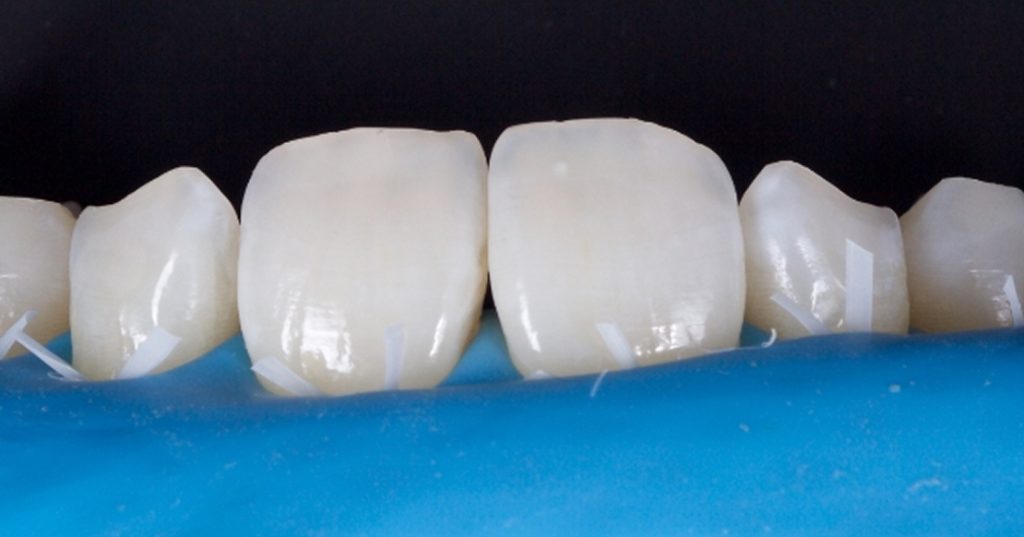Another Word Dentists Need to Think About
In a recent post, I explained how I object to the use of the term “cleaning” to describe what happens at a clinical hygiene visit, because it diminishes the value in a patient’s mind.
There’s another word that is used frequently in dentistry that we need to think about, too.
Recently, I was approached at a presentation by a dentist who told me he was concerned about the way dentistry uses the word “cosmetic.” He felt that it was misleading and diminishing, because it makes people think of things like make-up products that cover up and disguise imperfections, as opposed to the kind of restorative and transformative esthetic treatment dentistry can provide.
I think he may be on to something. Cosmetic is another one of those words that implies a value judgment. When you tell a patient (or yourself) that a treatment is “cosmetic,” it can be seen as saying that it’s superficial and not really tied to a physical health issue. Which may be true, but appearance is a huge social issue, and that is tied to all kinds of emotional health concerns.
Most people want to look good. It’s also true that most people have never been given an honest professional appraisal by their dentist of their esthetic dental health possibilities, and what the right treatment can do to change their lives.
There are understandable reasons for this. When you critique a person’s appearance you are obviously getting into sensitive territory, and that’s why many dentists can feel awkward about having these conversations.
But there is no getting around the fact that you can’t completely separate clinical dentistry from considerations of appearance. Just as a medical doctor has a legitimate reason for discussing a patient’s weight, a dentist has a professional interest in talking about esthetics. A beautiful smile is not just a “cosmetic concern – it gets to the very heart of a person’s self-image.
Those are my thoughts on this loaded word. I’d be interested to hear how you feel about it.
SPEAR NAVIGATOR
Transform how your practice runs by engaging the team through
coaching and training
A guided path to excellence through structured coaching and self-guided resources that will align your team, streamline processes and drive growth. Transform your practice by implementing Spear’s proven playbooks for developing and retaining a high-performing dental team.

By: Imtiaz Manji
Date: June 4, 2012
Featured Digest articles
Insights and advice from Spear Faculty and industry experts


